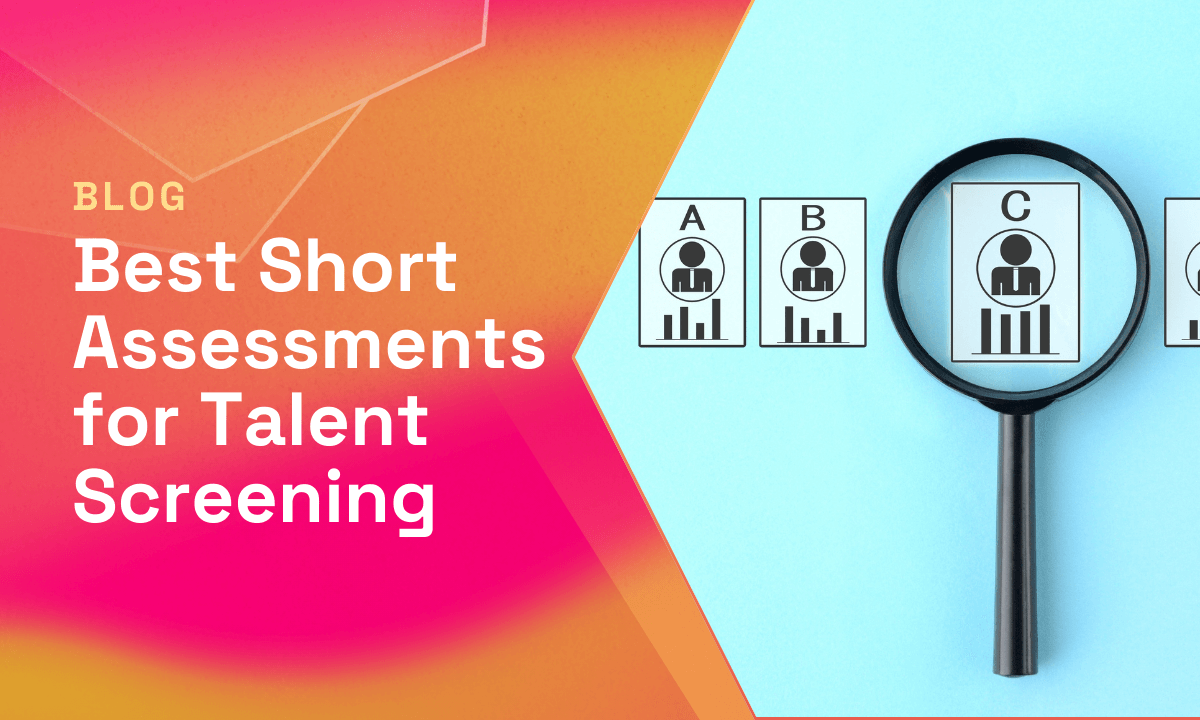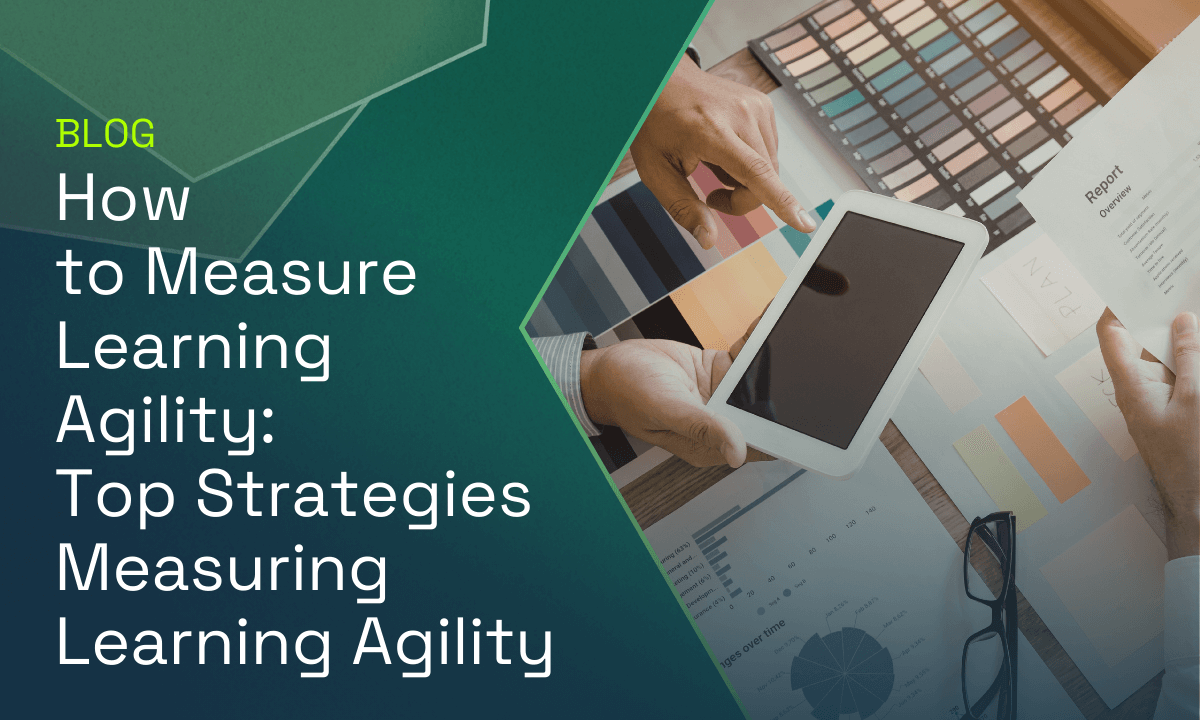Three ways to change our baseline behaviour
Humans are behaviorally messy. People who are typically extraverted may sometimes grow reticent and shy. Deadlines and work pressure can drive the least organized individuals to start writing to-do lists. People sometimes say, “I don’t know what came over me – I’m not normally like that!”
Personality is a way of making sense out the chaos of everyday behavior. We look for repeated patterns or traits – the likelihood that someone will characteristically act warm and friendly versus cold and distant. Personality science is a lot like the weather: we can predict that the broad pattern is for a sunny disposition. But just like weather forecasting, it’s very hard to account for micro climates day-to-day. For example, it’s hard to predict the outcome of a heated business meeting by analyzing each member as an individual, since people play one off another. For another, people with very different trait levels may show the same behaviour, depending on the circumstance.
This variability makes providing feedback or coaching on the basis of personality assessment a little bit imprecise.
The latest science in psychology aims to account for context a lot more. It means we’ll be able to provide specific guidance about how people will interact, trigger each other and relate. It also means we’ll be much more able to personalize insights to particular circumstances or environments. The new approach from the lab of Prof Filip De Fruyt in Belgium aims to apply the thinking from chaos theory to modeling human personality in real time.
Three new ways to think about personality
There are three interlocking ideas at the heart of this new personality science: personality baseline, personality variability, and attractor strength.
- Firstly, a person’s baseline personality is how they tend to behave most of the time.
- Secondly, we should measure how far someone moves away from their baseline, depending on circumstance (personality variability). Some people change their behaviour a lot, which makes it harder to predict how they will behave. On the other hand, some people have strong personalities and don’t vary their behaviour or thinking no matter what the situation is. For these people past behaviour will be a good predictor of future behaviour.
- The third component of attractor strength describes how powerful the pull back to the personality baseline is. By assessing self-regulation we can infer how long a person might act out of baseline character before snapping back to their average or typical personality.
How can coaches and leaders understand someone’s personality beyond their baseline?
- Use good assessments. Leverage valid personality assessments to quickly gather information about someone’s baseline personality
- Ask the right follow-up questions. When debriefing assessment results, ask about context and frequency to understand personality variability. For example, if the results show they are flexible, ask, “Are there situations when you are less flexible and spontaneous? When are you more planful, thorough and disciplined? Why?” For each trait described in the report, ask them “does this describe you most of the time or some of the time?” Then have them explain their answer.
- Observe and collect feedback. Pay attention to when and how long they act out of character before reverting back to their baseline personality. You could also collect this feedback from others who work closely with them. Consider asking, “In what situations does this person seem to act out of character? How do they behave?”
Once this information is collected, the implications for coaching, development and providing dynamic, real-time self-awareness are immense. Knowing someone is highly variable and has only weak self-regulation means they may seem unpredictable but highly responsive to social and environmental cues. Someone with low personality variability may find it hard to change their behaviour and require more intensive coaching and repeated reminders to act differently.
Looking into the future, we can imagine a virtual coach who gently alerts someone to repeated patterns of unhelpful behaviour. Or a relationship coach who could pinpoint the exact points of tension and blind spots that exist between partners, or between a manager and a direct report.
While this approach has formidable obstacles to overcome in measurement (the researchers suggest 20 separate behavioral samples for accuracy), AI powered tools and unobtrusive psychometrics measures means a more nuanced and personalized personality science can emerge.
At Deeper Signals we are harnessing this new science, improving connection, performance and relationships by enhancing self-awareness and providing paths to being better versions of ourselves. Get in touch to learn how we can help your organization.




























